Saturday, 27/04/2024 | 09:39 GMT+7
The United Nations Environment Programme (UNEP) has launched a new initiative to accelerate the transition to more efficient appliances and equipment to reduce global energy demand, mitigate climate change and improve access to energy.
A worldwide shift to energy-efficient appliances and equipment – including lighting, air conditioners, refrigerators, electric motors, ceiling fans and distribution transformers – could reduce global electricity consumption by more than 10 per cent and save 350 billion dollars annually in electricity bills. It could also reduce global CO2 emissions by 1.25 billion tonnes per year.
Says UN Under-Secretary-General and UNEP Executive Director Achim Steiner: “Energy-efficient technologies, the know-how and policy frameworks required to reduce CO2 emission levels to a level consistent with the 2°C target are available and ready for deployment”.

The new Global Efficient Appliances and Equipment Partnership should help implement and accelerate this process, he adds. It is a public-private partnership that seeks to bring together inter-governmental and non-governmental organisations, appliance and equipment manufacturers, utilities, international development banks and financial institutions.
The goal is to provide tailored assistance to governments to develop and implement national and regional strategies that facilitate the transition to energy-efficient products. The need for this is particularly pronounced in developing countries and emerging economics, where the demand for energy-consuming products is on the rise due to a fast growing population.
According to a report released last week by the Partnership, if all Latin American and Caribbean countries were to adopt and implement energy efficiency standards for refrigerators, air conditioners and ceiling fans that feature the best available technology, it would save 140 terrawatt hours of energy annually. This represents about 11 per cent of the region’s current electricity consumption. Greenhouse gas emissions could be reduced by 44 million tonnes, which is equivalent to taking 24 million passenger cars off the road.
The new partnership builds on UNEP’s successful en.lighten initiative that is committed to phasing out inefficient incandescent lamps by the end of 2016 in more than 75 countries around the world.
UNEP
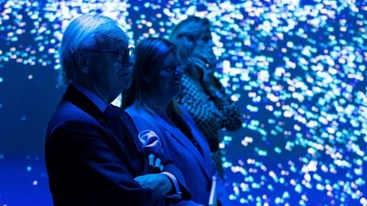
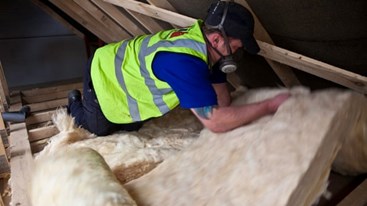
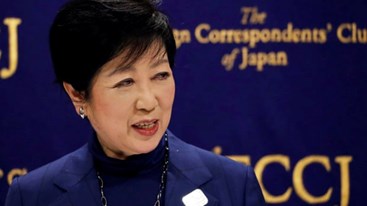

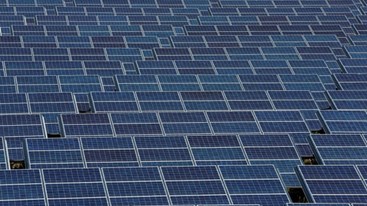
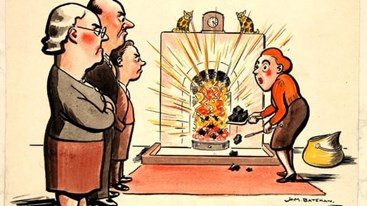
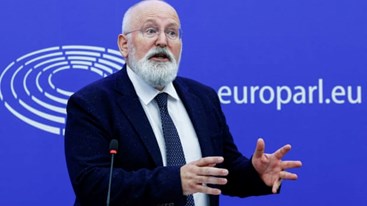

.jpg?w=367&h=206&mode=crop) Energy efficiency and conservation usage is an important aspect of the national energy development strategy
05/03/2024
Energy efficiency and conservation usage is an important aspect of the national energy development strategy
05/03/2024
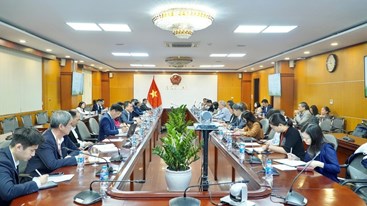 Challenges and Opportunities to promote energy efficiency market in Vietnam
Challenges and Opportunities to promote energy efficiency market in Vietnam
 The Ministry of Industry and Trade requests government agencies to coordinate in organizing Earth Hour 2024
The Ministry of Industry and Trade requests government agencies to coordinate in organizing Earth Hour 2024
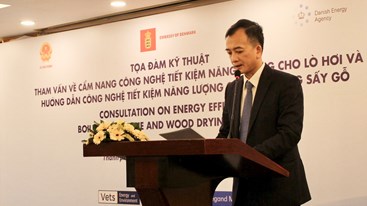 Consultation on Energy Efficiency Boiler Catalogue and Wood Drying Guideline
Consultation on Energy Efficiency Boiler Catalogue and Wood Drying Guideline
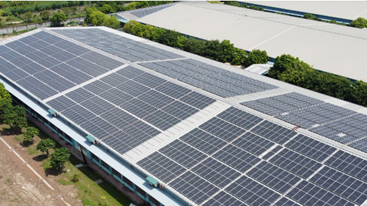 Son Ha Co., Ltd, applies energy efficiency and conservation measures
Son Ha Co., Ltd, applies energy efficiency and conservation measures
.png?w=367&h=206&mode=crop) Request for expression of interest - C2.1.13: Capacity Building on energy efficiency policies development
Request for expression of interest - C2.1.13: Capacity Building on energy efficiency policies development
 Phuc Kien Co., Ltd., is effectively implementing energy-saving measures
Phuc Kien Co., Ltd., is effectively implementing energy-saving measures
 Request for expression of interest - C2.1.12: Independent monitoring of safeguards implementation
Request for expression of interest - C2.1.12: Independent monitoring of safeguards implementation